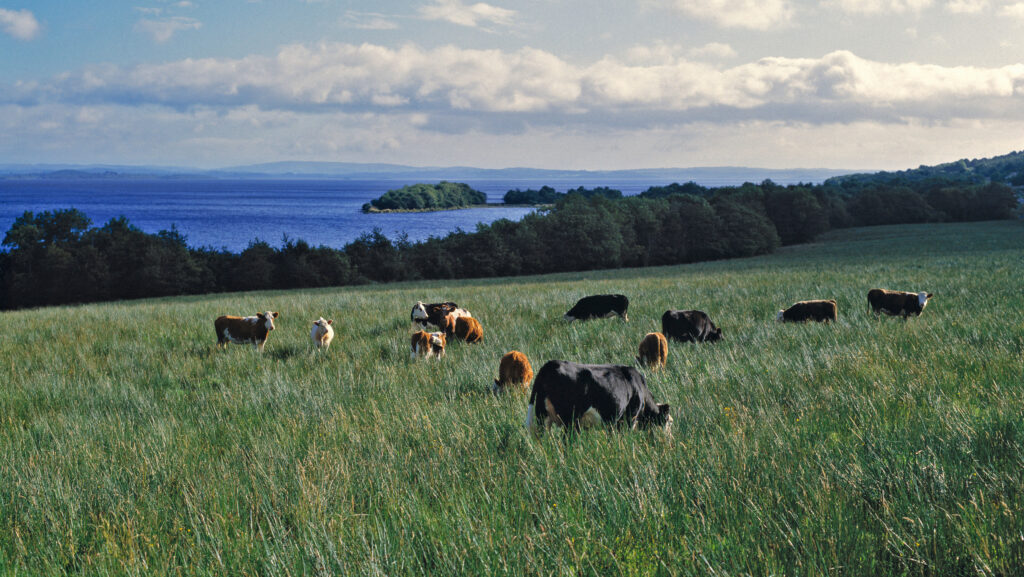NI tightens BVD rules from December
 © Adobe Stock
© Adobe Stock Northern Ireland’s agriculture minister has warned that tighter bovine viral diarrhoea (BVD) rules will take effect on 1 December 2025, reducing the threshold for herd restrictions and increasing testing requirements across cattle farms.
Minister of agriculture, environment and rural affairs Andrew Muir MLA confirmed that from December, the limit for triggering BVD herd restrictions will fall to 10 untested animals (BVDUs) over 30 days old.
About 180 additional herds, along with any associated herds, could be subject to restriction in December because they now meet this new lower threshold for herd restrictions.
See also: Isle of Wight farmer fined after disease infects hundreds
The measure forms part of the phased implementation of BVD controls introduced on 1 February 2025, designed to help eliminate the highly contagious disease from Northern Ireland’s cattle population.
Mr Muir said: “I am very pleased that most farmers appreciate the impact this disease has on productivity and profitability… the number of untested animals in Northern Ireland has reduced by 42% since this time last year.”
However, he noted that “there are still almost 9,000 BVDU status animals over 30 days old… some of which may be infected with the virus, therefore posing a risk to their herd and to other herds”.
Under the new threshold, herds with 10 or more untested animals will face movement restrictions, preventing cattle from entering or leaving, except for direct slaughter or disposal.
Mr Muir urged farmers to avoid disruption by promptly tissue testing newborn calves and testing older animals through supplementary ear tags or veterinary blood sampling.
“Only through the support of all livestock keepers will we be able to move closer to eradicating BVD from Northern Ireland,” he said.
Dr Sam Strain, chief executive of Animal Health and Welfare NI (AHWNI), said: “Farmers in NI have achieved substantial progress.
“It is very likely that some untested animals are infected and posing an infectious risk to other cattle.
“These new measures will further help to identify where infection is and allow farmers to act quickly.”
Cross border biosecurity plea
Meanwhile, Animal Health Ireland are urging farmers in border counties to tighten biosecurity after a rise in BVD cases in herds across County Armagh, County Tyrone, County Fermanagh and County Monaghan.
Their joint campaign, “It Could Be In Your Area – Be BVD Aware!”, warns that while Ireland has made strong progress towards eradication, new localised clusters remain a serious concern ahead of the 2026 calving season.
Farmers are advised to follow three key steps:
- Buy from lower-risk herds and isolate new arrivals
- Maintain secure boundaries to prevent contact with neighbouring cattle
- Remove persistently infected animals quickly with veterinary support.
Dr Maria Guelbenzu, Animal Health Ireland’s BVD & IBR programme manager, said: “BVD, like many infectious diseases, does not respect borders.
“Early action and robust biosecurity are essential to protect herds and livelihoods.”
